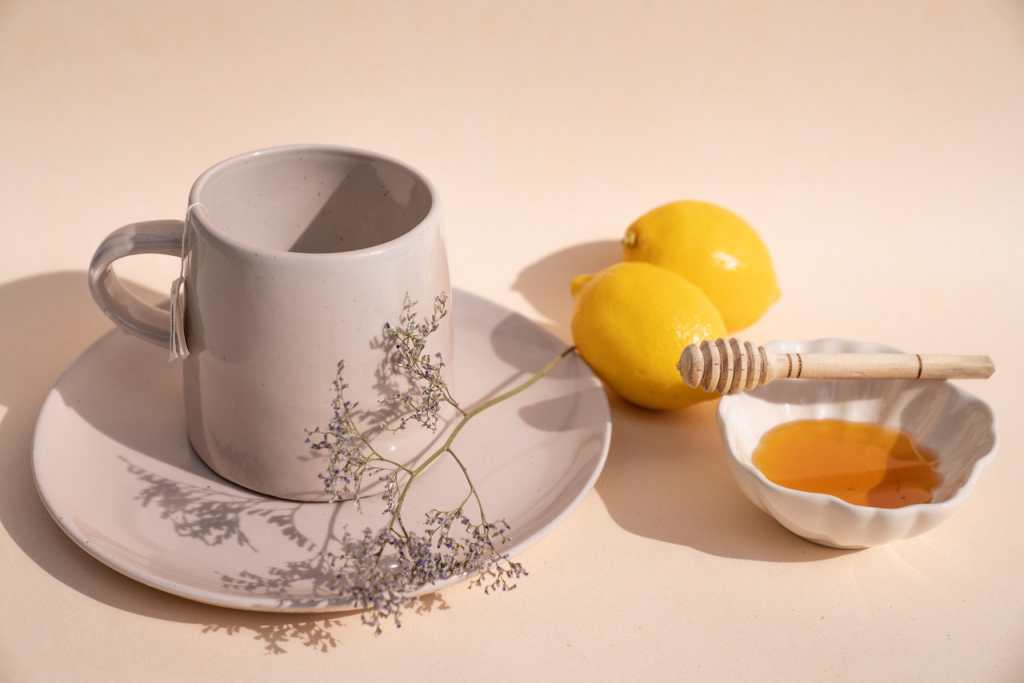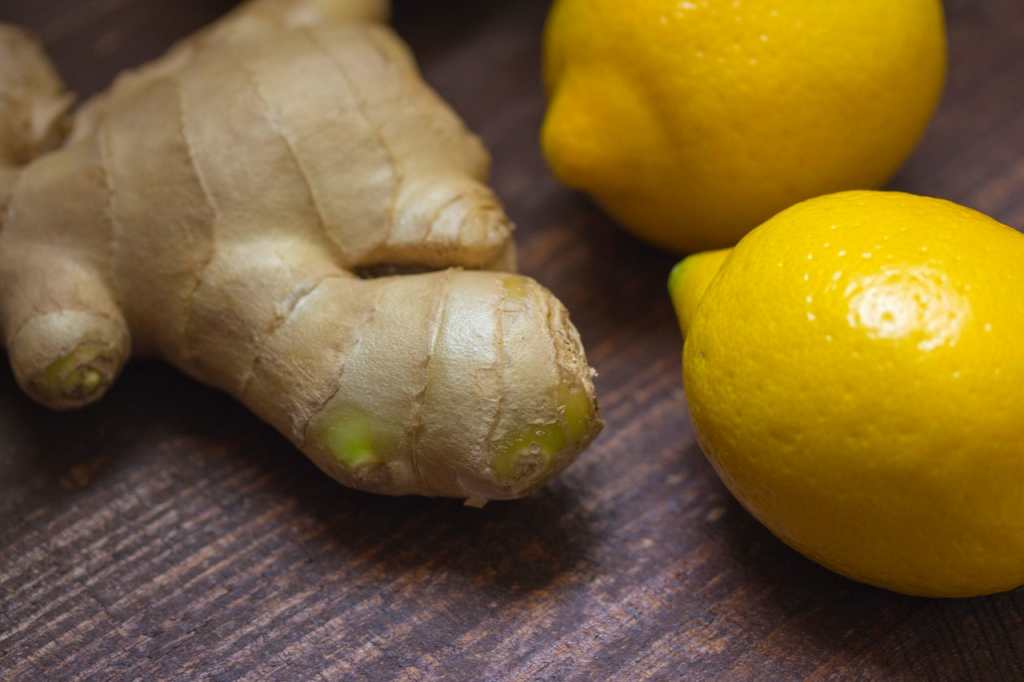Coughing is the sudden and forceful expulsion of air from the lungs. Its function is to remove material from the airways and protect the lungs from inhaled particles. Because it is involuntary or spontaneous, when it is persistent it is often very annoying. To relieve it several home remedies are easy to prepare.
The different types of cough include dry or nonproductive cough and productive cough, which brings up blood or phlegm, according to the MSD Manuals. A dry cough is characterized by a tickling sensation in the throat that does not produce phlegm or mucus and is usually caused by throat irritation.
There is also acute cough, which starts suddenly and is often due to a cold, flu, or sinus infection and usually goes away after three weeks; subacute cough, which lasts three to eight weeks; and chronic cough, which lasts more than eight weeks. If your cough lasts more than four weeks, it is important to see a doctor.
The most common causes of cough are allergies involving the nose and sinuses, asthma, the common cold and flu, lung infections such as pneumonia or acute bronchitis, sinusitis, and gastroesophageal reflux disease, according to Medline Plus. Other causes include lung cancer and cigarette smoking.
Home remedies to relieve cough
Not all cases of cough require immediate medical evaluation. If you have warning symptoms such as difficulty breathing, coughing up blood, weight loss, fever for more than a week, and the cough lasts more than three weeks, it is advisable to visit a specialist.
“An acute cough with no warning signs may require a few days of waiting to see if the cough stops or improves, especially if it is associated with nasal congestion and sore throat, suggesting that an upper respiratory infection may be the cause,” the MSD Manuals reads.
Cough can be treated with various medications, but also with easy-to-prepare home remedies.
Tea with honey
Drinking lemon or herbal tea, or a warm lemonade with honey, helps relieve sore throat and the tickling sensation that often comes with coughing. You can also opt for a cup of hot water with two tablespoons of honey. Ideally, you should consume it twice a day.

It is not recommended for children under one year of age to consume it.
Salt water gargle
Mix a tablespoon of salt in half a glass of warm water and gargle twice a day. The antibacterial and anti-inflammatory properties will help reduce dry cough, but also the phlegm and mucus that form in the throat.
Drink fluids
One of the most important recommendations when you have a cold or flu is to stay hydrated, which is also vital when you have a cough. Drinking water constantly will prevent tickling and irritation in your throat.

Ideally, liquids should be hot and at constant times to avoid dehydration of the throat. Liquids can be consumed in the form of soups, broths, tea, or even hot fruit juices.
Ginger
Ginger has anti-inflammatory properties, which help relax the membranes of the respiratory tract and relieve dry cough. To consume it, prepare a tea from this plant: bring a cup of water to a boil and add three small slices or a piece that covers the tip of a teaspoon. You can add lemon juice or honey to enhance its benefits.

Water vapor
Use a vaporizer or take a steam shower to increase the humidity in the air and soothe a dry throat. It can also be beneficial when you have a cough with phlegm. After showering, it is recommended that you drink a glass of water to prevent dehydration.
You can also opt for steam inhalations. Boil a pot of water and add essential oils or herbs, such as eucalyptus or rosemary, which will help decongest the airways. When it is boiling, turn off the heat and lean over the pot. Cover your head with a towel so the steam does not escape and you can inhale it for longer.






















+ There are no comments
Add yours